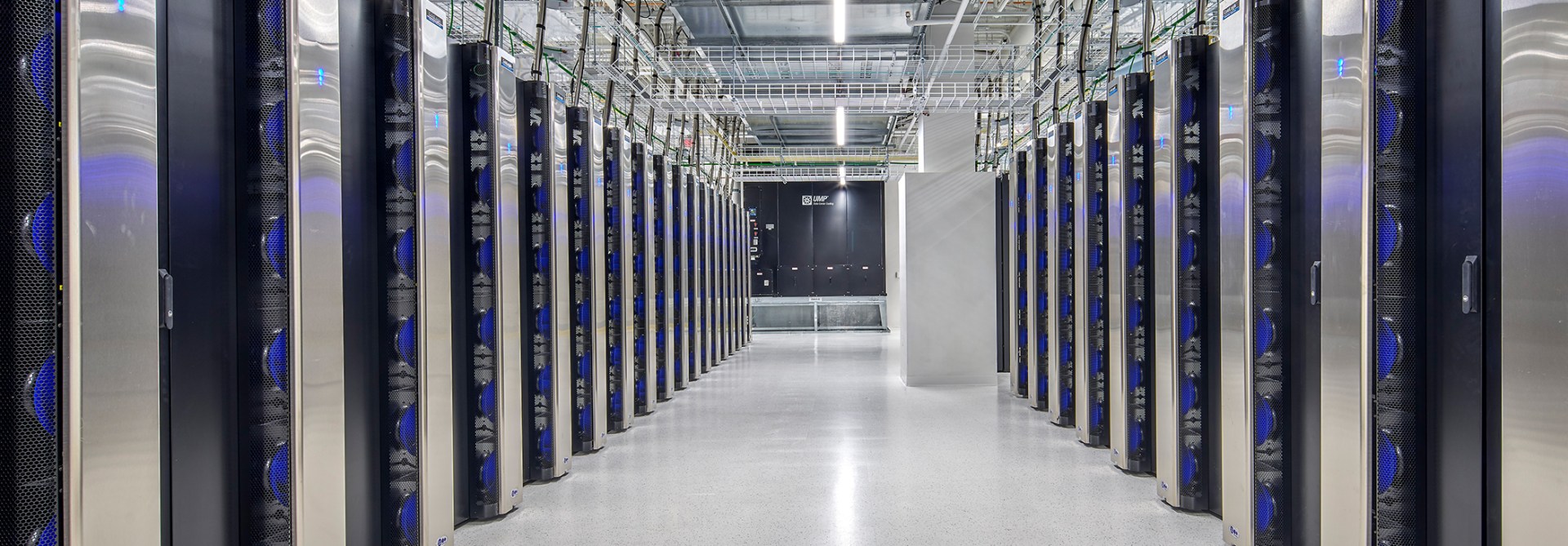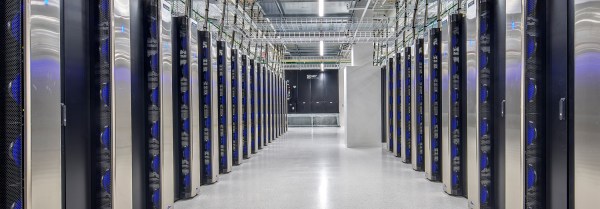

An HPC data center is a facility designed to house and manage large-scale computing systems. These data centers typically feature specialized hardware, software, and networking infrastructure to enable high-speed data processing and storage. They also have advanced security and redundancy measures to ensure data integrity and availability.
HPC data centers typically consist of several hardware and software components. Some key hardware components include:
An HPC data center offers several advantages over traditional computing environments, including:
Increased computing power and speed: HPC data centers are specifically designed to support the processing of large and complex data sets. With specialized hardware and software components, these centers can provide significantly higher processing power and speed compared to traditional computing environments. This allows organizations to run complex simulations, models, and algorithms at a much faster rate, saving time and improving efficiency.
Ability to handle large data sets and complex calculations: HPC data centers are designed to handle large data sets and perform complex calculations. With specialized storage systems and networking infrastructure, these centers can quickly move data between compute nodes and storage, and process large amounts of data in parallel. This is particularly useful for organizations that need to process large amounts of data for scientific or engineering simulations, machine learning, or data analytics.
Cost savings and energy efficiency: HPC data centers can offer cost savings and energy efficiency over traditional computing environments. By consolidating computing resources in a centralized location, organizations can reduce the number of servers required, which can result in cost savings and energy efficiency. In addition, HPC data centers are designed to optimize power and cooling, which can also result in significant energy savings.
Flexibility and scalability: HPC data centers are highly flexible and scalable. Organizations can easily add or remove computing resources as needed, without having to invest in new hardware or software. This is particularly useful for organizations with fluctuating workloads, as they can quickly scale up or down to meet demand.
HPC data centers offer powerful computing capabilities for organizations that need to handle large and complex data sets, but they also present a number of challenges. Some of the key challenges associated with HPC data centers include:
Cost of infrastructure and maintenance: HPC data centers require significant investments in infrastructure and maintenance to ensure optimal performance and availability. This can include hardware components such as high-performance servers, storage systems, and networking equipment, as well as specialized software and middleware to manage the complex computing environment. Additionally, the cost of power and cooling infrastructure can be high due to the large amounts of electricity required to run and cool the systems.
Cooling and power requirements: HPC data centers generate a lot of heat, which can damage equipment and affect performance if not properly managed. This requires specialized cooling systems to maintain optimal operating conditions, which can be expensive and energy-intensive. In addition, HPC data centers require large amounts of electricity to power the systems, which can further increase costs and energy consumption.
Data storage and management: HPC data centers generate and process large amounts of data, which requires specialized storage systems and data management strategies. This can include data backup and recovery plans, as well as data transfer protocols to move data between compute nodes and storage systems. Additionally, data security and privacy concerns must be addressed to protect sensitive data from unauthorized access or theft.
Skilled personnel: HPC data centers require highly skilled personnel to design, implement, and manage the complex computing environment. This can include system administrators, network engineers, data scientists, and software developers with specialized knowledge and expertise in HPC technologies. The availability of skilled personnel can be a challenge, as there is often high demand for these skills and a limited pool of qualified candidates.

Discover the DataBank Difference today:
Hybrid infrastructure solutions with boundless edge reach and a human touch.
Our website uses cookies to provide you with a better experience. Read our privacy policy for more information.Accept and Close